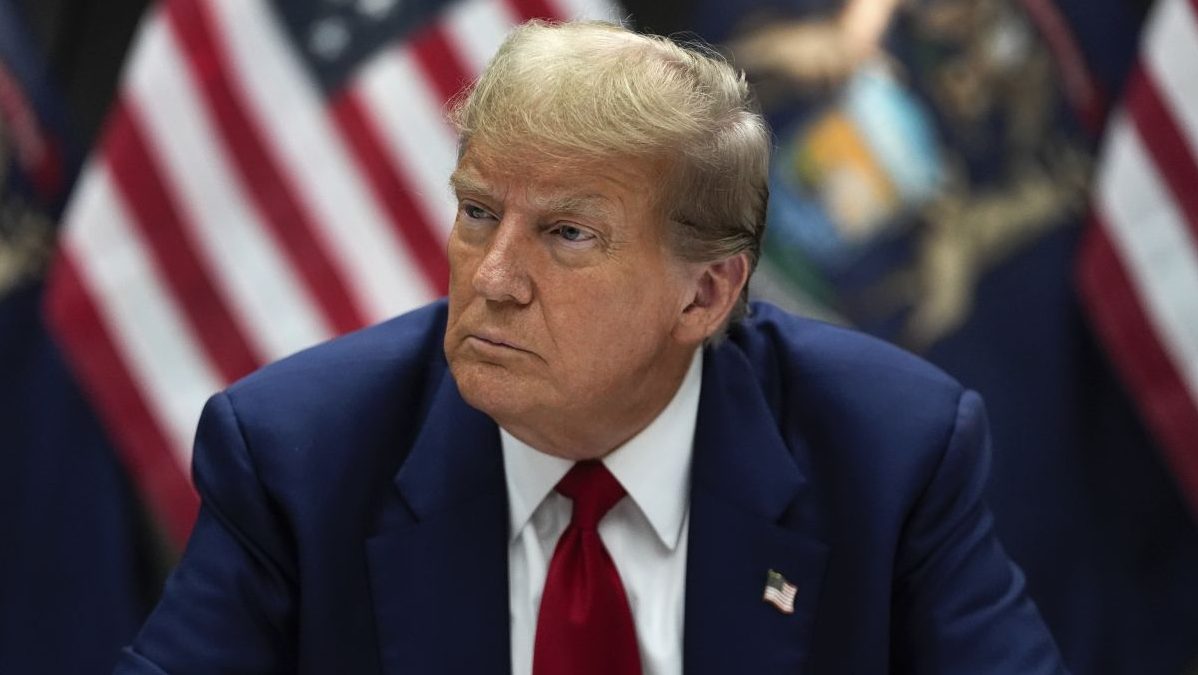Former President Donald J. Trump, the Republican contender for the 2024 presidential election, recently pledged to lower interest rates if elected.
However, this promise raises questions about presidential power over interest rates.
During a panel at the National Association of Black Journalists convention in Chicago, Trump shared his plan for “Day 1” of his presidency.
His goals included ramping up oil and gas production with his well-known phrase, “drill, baby, drill.” He also claimed he would lower energy costs, interest rates, and inflation.
It’s important to note that the president does not have direct control over interest rates. The Federal Reserve, an independent body from the White House, sets the key policy rate, which influences borrowing costs throughout the economy.
Trump has previously suggested that the Federal Reserve might lower rates under his leadership due to a decrease in inflation. Economists, however, argue that some of Trump’s policies might actually increase inflation.
The focus on interest rates and inflation highlights their political significance as the November 5 election approaches. Despite the gradual cooling of inflation, these issues remain contentious.
The Federal Reserve’s role becomes particularly sensitive during election periods as it strives to remain unbiased.
During his presidency, Trump often criticized the Federal Reserve on social media and in public, pushing for lower rates.
Despite his demands, the Fed did not adjust rates as much or as quickly as it wanted. Recent research from J.P. Morgan confirms that the Fed’s policy typically follows its usual pattern before elections, showing minimal political influence.
The Fed values its independence to ensure it meets its dual goals of full employment and low inflation. If central bankers were to cut rates solely to aid a politician, it could lead to higher inflation expectations, which could cause economic instability.
Although interest rates are expected to decrease in the near future, this is anticipated due to economic factors rather than political influence.
According to the source, the Fed recently hinted at a potential rate cut as inflation has significantly decreased from its peak in mid-2022.
Trump’s proposals, including raising tariffs and deporting immigrants, could potentially increase prices by raising import costs and causing labor shortages.
Despite this, Trump insists that his energy policies will reduce inflation, attributing the current inflation to what he describes as poor energy policies by President Biden.
This assessment of inflation’s origins overlooks other factors, such as supply chain disruptions and global events like Russia’s invasion of Ukraine, which have also contributed to higher prices.
Inflation surged globally, and while gas prices have fallen from their peak, they remain elevated compared to pre-pandemic levels.
Read more news:
- Biden Campaign Mobilizes Across Georgia Ahead of Debate Clash
- Kristi Noem Denies Formal Vetting for Trump’s VP, Focuses on Winning Strategy
Economists and Fed officials expect that inflation will continue to slow, which is promising news for Americans.
Regardless of the election outcome, lower inflation and borrowing costs are anticipated in the near future. As Fed Chair Jerome Powell noted, any policy changes will be based on data, not political pressures.
